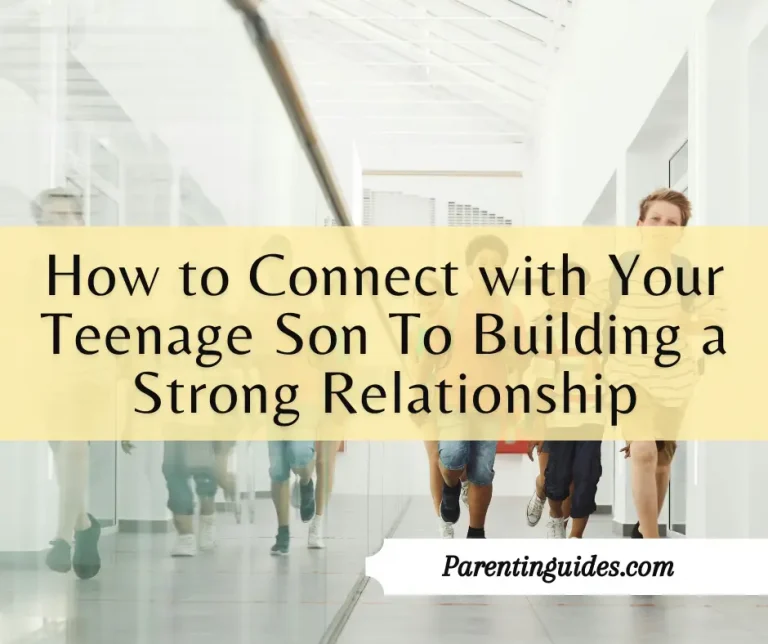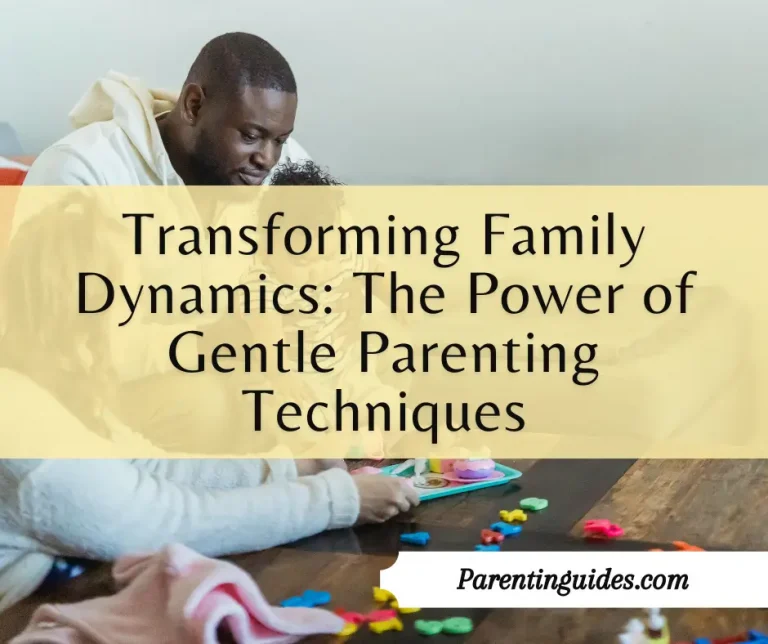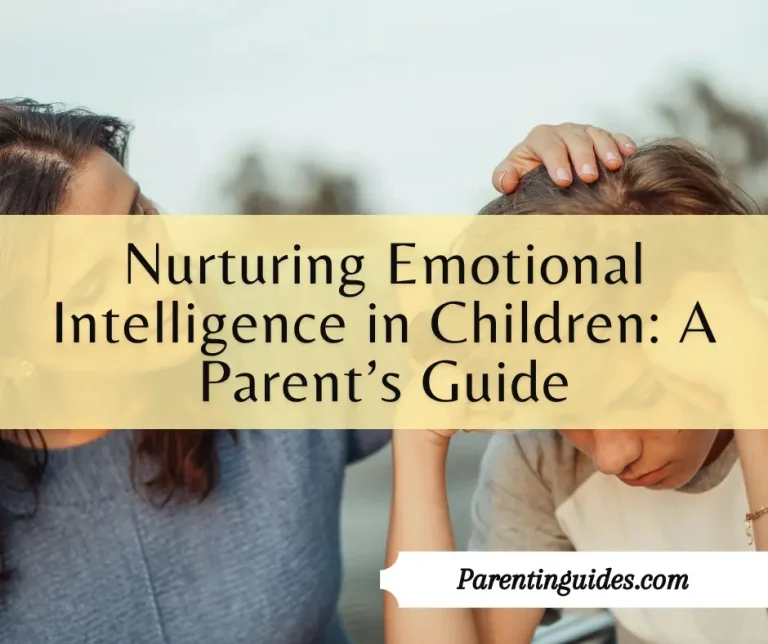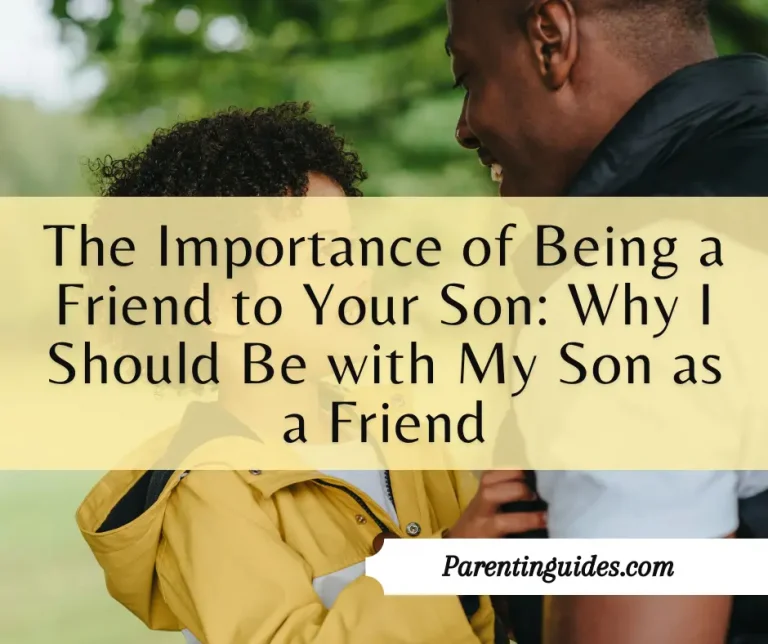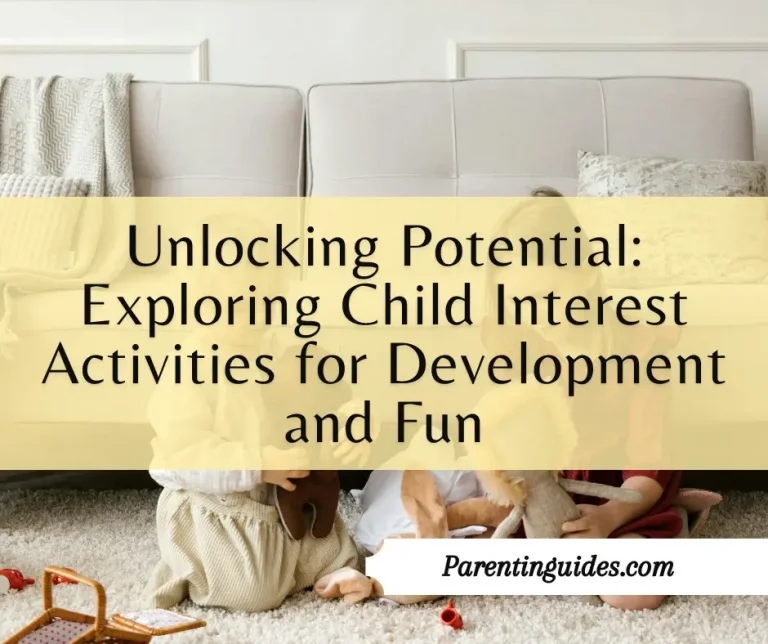As a counselor specializing in adolescent behavior, I have witnessed firsthand the challenges and emotional turmoil that both teenagers and their parents experience. Teenage years can be like navigating a storm by sudden, intense, and often unpredictable. In this article, “Navigating the Storm: How to Deal with an Angry Teenager,” I will share insights and practical strategies drawn from my professional encounters to help you understand and effectively manage the anger that can sometimes define these turbulent years.
Every parent knows that raising teenagers is no small task, especially when anger enters the equation. This phase of life is marked by rapid changes, both physically and emotionally. Teenagers are often caught in a storm of emotions they don’t fully understand, resulting in moments of intense anger and frustration. Recognizing this as a normal part of growing up is the first step in navigating these challenging waters.
If you are about to deal with an angry teenager, understanding the root causes of your teenager’s anger is crucial. It’s often a complex mix of hormonal changes, psychological adjustments, and the struggle for independence. In my years of counseling, I’ve observed that anger is frequently a teenager’s response to feeling misunderstood, unheard, or powerless. By delving deeper into these feelings, parents can discover effective ways to approach and resolve conflicts.
This guide will equip you with the knowledge and tools to effectively deal with an angry teenager. I’ll share strategies that foster better communication and understanding, drawing on real-life examples from my counseling practice. Whether it’s identifying triggers, improving communication, or managing conflicts, the advice offered here is grounded in professional experience and aimed at helping you and your teenager navigate these stormy years with greater ease.
In each section, I will incorporate practical advice and strategies, ensuring you have the resources needed to improve your relationship with your teenager. By understanding the developmental changes they are undergoing and learning to communicate effectively, you can help manage and guide their emotions. So, it will help you to deal with an angry teenager effectively and make your family life more harmonious.
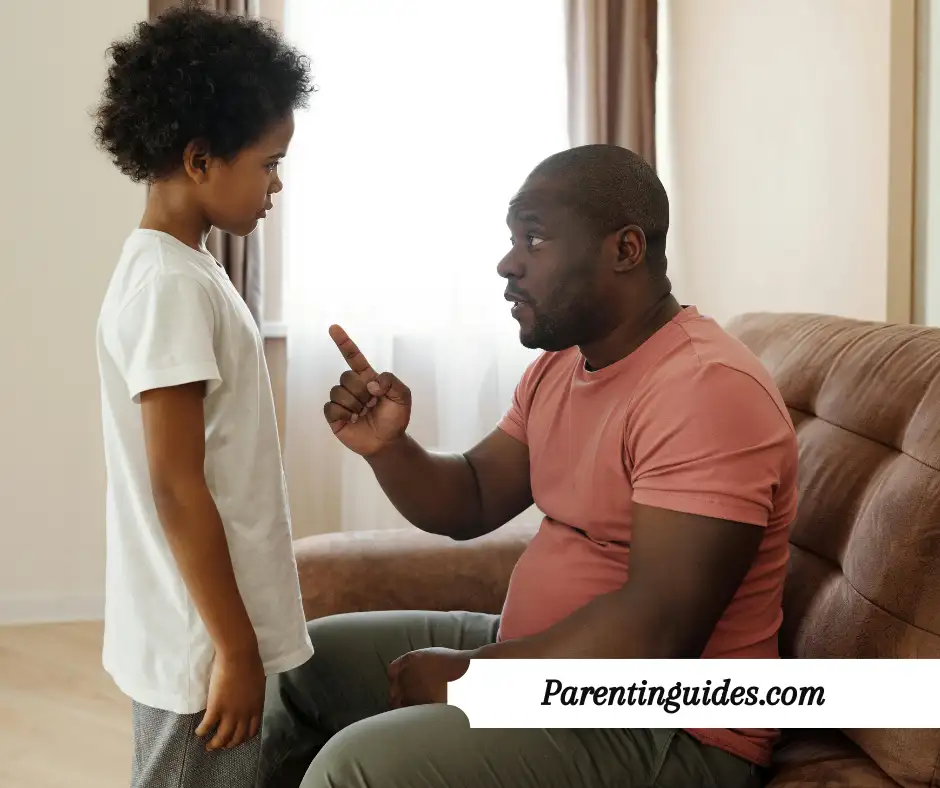
Understanding the Teenage Brain
Brain Development
In my practice, I have helped many parents understand why their teenagers react the way they do. A key factor is brain development. The teenage brain is still under construction, particularly the prefrontal cortex, which is crucial for decision-making and emotional regulation. This part of the brain doesn’t fully mature until the mid-20s, which helps explain some of the emotional ups and downs teenagers experience.
For instance, a client once told me about her frustration with her son’s impulsive decisions. Understanding that his brain is still developing helped her find patience and strategies to guide him, rather than just punish him for his outbursts. This approach can be crucial when you need to deal with an angry teenager, providing them with the support they need to develop better control over their reactions.
Hormonal Changes
Hormones play a huge role in teenage behavior. During adolescence, hormonal surges can lead to significant mood swings and emotional intensity. In my sessions, parents often express concern over their teen’s sudden shifts from happiness to anger. It’s important to recognize these changes as a normal part of growing up.
I recall a case where a teenager’s mood swings were disrupting family life. By educating the family about these hormonal influences, we developed a more supportive environment that acknowledged these feelings without escalating conflicts. It’s a delicate balance, but with patience and understanding, learning how to deal with an angry teenager becomes more manageable.
Environmental Influences
Environmental factors like social media, peer pressure, and academic stress significantly impact a teenager’s mood and behavior. These pressures can magnify feelings of anger and frustration. In counseling sessions, I often explore these external factors with families to identify triggers that might provoke anger in teenagers.
One memorable case involved a teenager who felt overwhelmed by academic expectations and peer competition. This stress was a major source of his anger at home. By addressing these pressures directly, we worked on strategies that helped him cope better. This included setting realistic academic goals and finding ways to reduce social media stress. Helping parents understand these environmental influences is key in learning how to deal with an angry teenager effectively.
So, each of these elements plays a significant role in shaping teenage behavior. By understanding them, parents can become better equipped to support their teenagers through these challenging years. Remember, when trying to deal with an angry teenager, compassion and understanding go a long way.

Common Triggers of Anger in Teenagers
Identity and Independence
In my counseling practice, many parents come to me struggling to deal with an angry teenager who is asserting their independence. Teenagers often wrestle with their identity, trying to figure out who they are apart from their parents. This quest for self-definition can be a significant source of conflict and anger. For instance, I once counseled a family where the teenage daughter’s demand for more freedom led to frequent clashes. We worked on recognizing her need for independence while setting appropriate boundaries, which gradually reduced the frequency and intensity of her anger. Remember, when you deal with an angry teenager, it’s important to respect their growing need for independence while maintaining a guiding hand.
Misunderstandings and Miscommunications
Another common issue I encounter is misunderstandings between parents and their teenagers. Communication breakdowns can quickly escalate into anger. For example, a father misunderstood his son’s need for privacy as secrecy, which caused repeated arguments. In our sessions, we focused on improving their communication, teaching them to express their thoughts and feelings more clearly. As they learned to communicate more effectively, the son felt understood rather than judged, which helped in managing his anger. To deal with an angry teenager effectively, fostering an environment where open and clear communication is encouraged can be transformative.
Unresolved Issues
Many teenagers carry anger stemming from unresolved issues, whether these are past traumas or ongoing difficulties at school or home. In one memorable case, a teenager was harboring deep-seated anger due to bullying at school, which his parents were unaware of. Once we uncovered this, we could address his anger more constructively, involving the school and providing him with coping strategies. Understanding the root of his anger was crucial in helping his parents deal with their angry teenager more supportively.
In each of these scenarios, the key to helping parents deal with an angry teenager lies in understanding the underlying causes of their anger, whether it’s a need for independence, communication barriers, or unresolved traumas. By addressing these triggers directly, we can guide teenagers towards expressing their anger in healthier ways and foster a calmer, more understanding family dynamic.

Effective Communication Strategies to Deal with an Angry Teenager
Active Listening
In my years of counseling, I’ve learned that active listening is essential when you need to deal with an angry teenager. It’s not just about hearing their words; it’s about understanding their feelings and perspectives. This approach can significantly de-escalate many tense situations. For example, one of my clients was often frustrated with her teenage son’s outbursts. I advised her to listen actively, showing genuine interest and care in his concerns rather than immediately offering solutions or criticisms. This shift in her approach allowed her son to feel truly heard, leading to fewer instances of anger and improved overall communication between them. Effective listening is a cornerstone if you want to successfully deal with an angry teenager.
Non-Confrontational Dialogue
Non-confrontational dialogue is another powerful tool in your arsenal to deal with an angry teenager. This method focuses on maintaining a calm tone and choosing words that don’t provoke defensiveness. In my practice, I often role-play with parents, helping them learn how to phrase their concerns without blame. For instance, saying, “I feel worried when you come home late,” instead of, “You’re always irresponsible!” can make a significant difference. By avoiding accusatory language, you open up space for more constructive and less heated exchanges. This strategy has helped many families reduce the frequency and intensity of conflicts, making it easier to deal with an angry teenager.
Timing and Approach
Choosing the right moment and method to initiate conversation with a teenager can drastically influence the outcome of your interaction. From my experience, timing is critical when trying to deal with an angry teenager. Engaging them when they are already stressed or in a bad mood is less likely to yield a positive result. I teach parents to find moments when their teenager seems more relaxed or open to conversation. Additionally, setting a calm, private setting away from other distractions can also help. One parent I worked with found that her best discussions with her teenage daughter occurred during drives, where they could talk without eye contact, which sometimes makes teenagers feel less confrontational.
In each case, applying these communication strategies can help immensely to deal with an angry teenager. Understanding the nuances of when to speak, how to listen, and what to say can transform challenging interactions into opportunities for growth and connection. These methods not only help in handling immediate anger but also build a foundation for lifelong communication skills between parents and teenagers.

Managing Conflicts and Resolutions to Deal with an Angry Teenager
Setting Boundaries
Setting clear and reasonable boundaries is crucial when you need to deal with an angry teenager. Boundaries help manage expectations and provide a framework within which teenagers can understand their limits. In my practice, I often encounter parents who struggle with enforcing rules. One family I worked with had a teenage son who constantly tested boundaries, leading to frequent conflicts. We developed a set of clear, consistent rules that were fair and understandable.
When setting boundaries, it is important to involve your teenager in the process. This helps them feel respected and valued, which can reduce anger and resistance. Explaining the reasons behind each rule and the consequences of breaking them makes the boundaries more meaningful. For example, curfews should be discussed, and their importance explained in terms of safety rather than control. This approach helps parents deal with an angry teenager more effectively by creating a sense of mutual respect and understanding.
Conflict Resolution Skills
Teaching conflict resolution skills is essential to deal with an angry teenager. Many teenagers lack the ability to resolve conflicts constructively, leading to increased anger and frustration. I recall a client whose teenage daughter would explode in anger during family disputes. We focused on teaching her conflict resolution techniques, such as active listening, empathy, and negotiation.
Parents can play a vital role in this by modeling and teaching these skills. Role-playing different scenarios can be a helpful tool. For instance, practicing how to stay calm and express feelings without blaming others can prepare teenagers for real-life situations. By equipping teenagers with these skills, parents can reduce the frequency and intensity of conflicts. Effective conflict resolution not only helps in dealing with an angry teenager but also promotes healthier relationships overall.
Seeking Help When Needed
Recognizing when to seek professional help is a crucial part of dealing with an angry teenager. Sometimes, anger may be rooted in deeper issues that require expert intervention. In my experience, one family struggled with their son’s persistent anger and aggression. Therapy revealed underlying issues related to bullying and self-esteem that the parents were unaware of.
Seeking help from a counselor or therapist can provide a safe space for teenagers to explore their feelings and develop healthier coping mechanisms. It also offers parents strategies and support to manage their teenager’s anger effectively. When parents understand that it is okay to ask for help, they can better deal with an angry teenager. Professional guidance can make a significant difference in addressing and resolving deeper emotional issues.
Therefore, managing conflicts and resolutions involves setting clear boundaries, teaching conflict resolution skills, and seeking professional help when needed. These strategies are essential when you need to deal with an angry teenager. By providing structure, guidance, and support, parents can help their teenagers navigate their emotions more effectively. Understanding and implementing these approaches can lead to a more harmonious and supportive family environment.

Supporting Emotional Growth
Building Emotional Intelligence
Building emotional intelligence is essential when you need to deal with an angry teenager. In my counseling sessions, I have found that helping teenagers understand and manage their emotions can significantly reduce their anger. For example, one teenager I worked with was often angry because he didn’t know how to express his frustration. We focused on teaching him to recognize his feelings and find healthy ways to express them. This included identifying his emotional triggers and practicing mindfulness techniques like deep breathing and meditation.
Parents play a crucial role in this process. Encouraging open discussions about emotions can help teenagers feel more comfortable expressing their feelings. Providing tools like journals or emotion charts can also aid in building emotional intelligence. When teenagers understand their emotions better, they are less likely to lash out in anger. Thus, learning to deal with an angry teenager involves fostering their emotional intelligence, which helps them manage their feelings constructively.
Encouraging Positive Outlets
Encouraging positive outlets is another effective strategy to deal with an angry teenager. Teenagers need constructive ways to channel their energy and emotions. In my practice, I have seen many teenagers benefit from engaging in activities they are passionate about. For instance, one of my clients found that participating in sports significantly reduced his anger. Physical activity provided an outlet for his frustration and helped him develop discipline and teamwork skills.
Art and music are also excellent outlets for teenagers to express their emotions creatively. Another client discovered that playing the guitar allowed him to vent his feelings in a healthy way. Volunteering can also be a positive outlet, giving teenagers a sense of purpose and perspective. By guiding your teenager toward these activities, you can help them find healthy ways to deal with their anger. Knowing how to deal with an angry teenager includes supporting their interests and encouraging them to pursue activities that promote emotional well-being.
Role Modeling
Role modeling is one of the most powerful ways parents can learn how to deal with an angry teenager. Teenagers often mimic the behavior they see in their parents. If they observe calm and controlled reactions to stress, they are more likely to adopt similar behaviors. I advise parents to manage their own emotions and demonstrate healthy coping strategies during conflicts.
In one of my counseling cases, a family’s dynamics improved dramatically when the parents started modeling emotional regulation. They practiced staying calm during disagreements and used positive communication techniques. As a result, their teenager began to emulate these behaviors, leading to fewer outbursts and more constructive discussions. When parents consistently model emotional intelligence and healthy coping mechanisms, it sets a strong example for their teenagers.
Dealing with an angry teenager is more manageable when they have positive behaviors to emulate. By demonstrating calmness and effective conflict resolution, parents can influence their teenager’s reactions. Role modeling helps teenagers learn how to handle their anger in healthy ways, contributing to a more peaceful and supportive family environment.
So, supporting emotional growth through building emotional intelligence, encouraging positive outlets, and role modeling calm behavior is crucial when you need to deal with an angry teenager. These strategies not only help manage immediate anger but also contribute to long-term emotional resilience and well-being. By providing guidance and support, you can help your teenager navigate their emotions more effectively, leading to a more harmonious family life.

Conclusion
Dealing with an angry teenager can be a challenging and sometimes overwhelming experience for parents. Throughout my career as a counselor, I have seen how understanding, patience, and strategic approaches can make a significant difference. When you need to deal with an angry teenager, remember that every reaction has an underlying cause that needs to be addressed with empathy and care.
In my experience, setting clear boundaries is crucial. It helps manage expectations and provides a framework for behavior that teenagers can understand and respect. I have often advised parents to involve their teenagers in the process of setting these boundaries. This involvement makes them feel valued and heard, which can significantly reduce their anger. For example, explaining the reasons behind a curfew can make a teenager more likely to adhere to it.
Teaching conflict resolution skills is another essential strategy. Many teenagers do not know how to resolve conflicts constructively, leading to increased anger. I have worked with families to role-play different scenarios, helping teenagers learn to express their feelings without blaming others. These skills are invaluable in helping parents deal with an angry teenager more effectively.
Sometimes, professional help is necessary. Recognizing when to seek therapy can be a vital step in addressing deeper issues. I have seen teenagers make remarkable progress when given the opportunity to explore their feelings in a safe environment with a professional. Therapy can provide the tools needed to manage anger and improve overall emotional well-being.
Supporting emotional growth through building emotional intelligence, encouraging positive outlets, and role modeling calm behavior is crucial. These strategies not only help manage immediate anger but also contribute to long-term emotional resilience. When parents understand how to deal with an angry teenager by fostering emotional growth, they create a supportive environment that helps teenagers navigate their feelings more effectively.
In conclusion, the journey of learning how to deal with an angry teenager involves patience, empathy, and proactive strategies. By setting boundaries, teaching conflict resolution skills, seeking professional help when needed, and supporting emotional growth, parents can guide their teenagers through these challenging years. These approaches lead to a more harmonious and understanding family dynamic, helping both parents and teenagers thrive.



